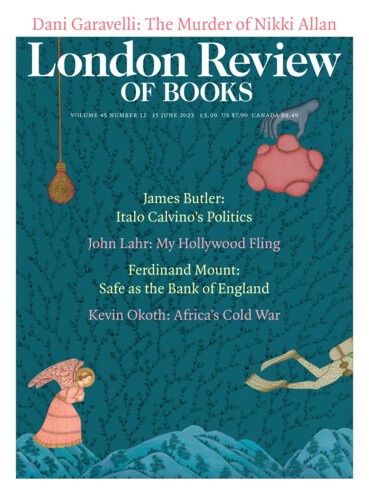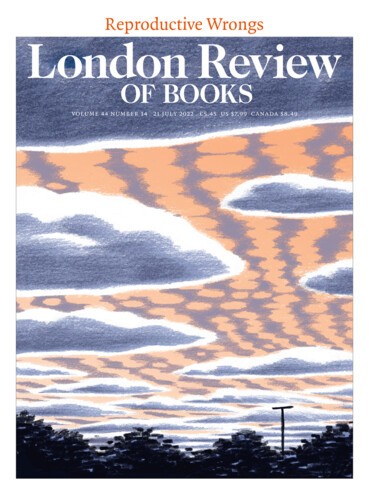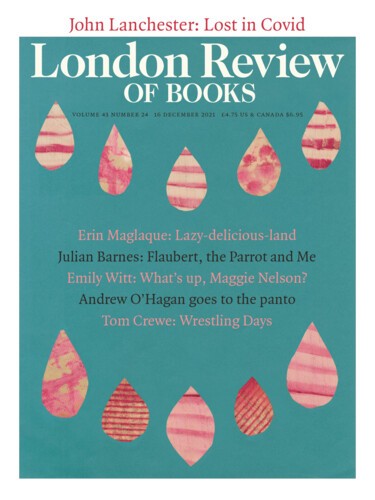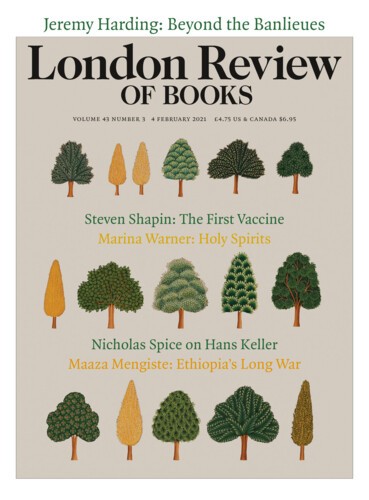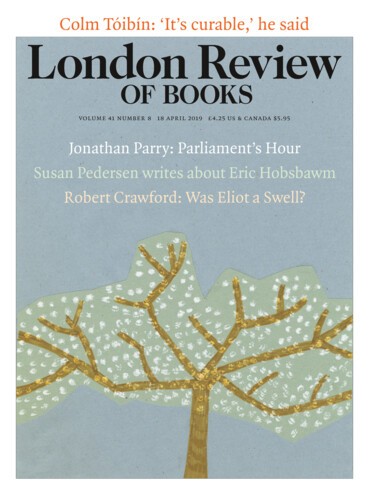Outbreaks of Poets
Robert Crawford, 15 June 2023
When I was young I thought poetry and poetry anthologies could change the world. ‘If a man were permitted to make all the ballads,’ Andrew Fletcher of Saltoun wrote, ‘he need not care who should make the laws of a nation.’ But nationality still mattered: Seamus Heaney’s reaction to his inclusion in Blake Morrison and Andrew Motion’s 1982 Penguin Book of...
